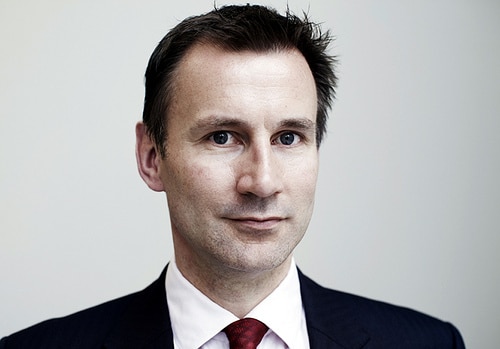
As well as having to find £340 million to finance BBC World Service, BBC Monitoring and most of S4C in the government’s spending review, the BBC must also finance the start-up of local TV and online services.
In a letter to the BBC Trust, culture secretary Jeremy Hunt says…
“The BBC will play an active role in supporting new local television services through a partnership fund providing capital costs of up to a total of £25m in 2013/14 for up to twenty local TV services, subject to any necessary regulatory approval. The BBC will also commit to ongoing funding of up to £5m per annum from 2014/15 to acquire content for use on its own services from these new services. Should capital costs be required earlier then this will be facilitated by access to the existing digital switchover underspend by mutual agreement.”
As part of the government’s localisation agenda, Hunt wants to energise a new market for local TV services…
Except, as the draft conclusion of a review he commissioned established – and as we forecast – there really isn’t a market for such a thing…
Instead, there’s just theory about commercially unsustainable city TV channels, and a load of un-met potential by low-quality hyperlocal would-bes. Hunt is now contemplating not so much full local TV channels as a patchwork of operators, possibly relying on IPTV and YouView, in particular.
So, with no real way of bringing local multimedia/TV enterprises in to being commercially, Hunt is parking their funding mechanism within the guaranteed funding of the licence fee – just as he is with the World Service, BBC Monitoring, S4C and even £300 million of the £530 million cost of installing a next-generation broadband network.
It’s a large-scale top-slicing off a licence fee that is no longer the BBC’s own. And, despite Hunt having told BBC Local not to encroach further in the local media market, it certainly gives the BBC a central role in this area.
In 2008, under pressure from local newspaper publishers, the BBC Trust told the BBC it could not add video bulletins to its network of 65 existing BBC Local websites. Since then, the BBC has offered both to syndicate its videos out to local newspaper sites and to start linking to local publishers’ own videos, both with scant actual take-up.
There is much detail yet to be fleshed out about the new plans. For example, on what basis will the money be given out, to whom, and will existing local operators like commercial news publishers be allowed access to this money?
The final review of the local TV market potential is due on Hunt’s desk in December.